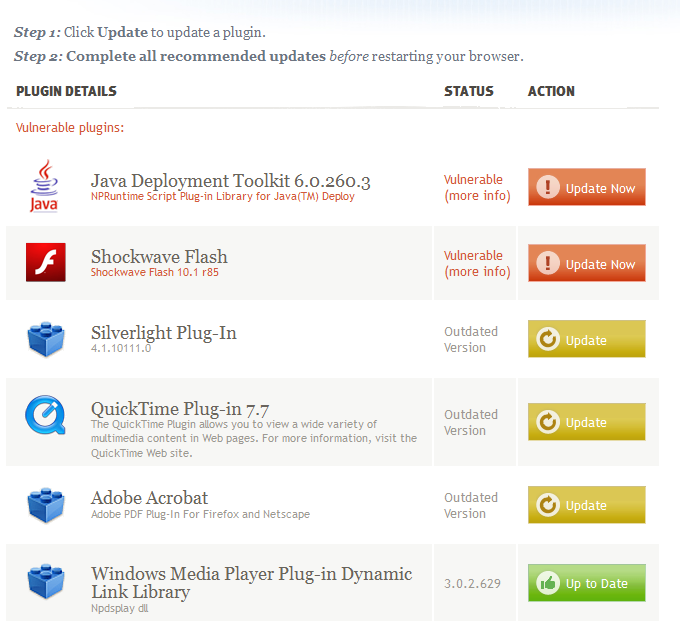I wrote this about two weeks ago but didn't publish it then because it didn't feel very personal, today I'm pulling the lever anyway.

Sunset over Kodak III
By almost any standard Kodak has been hugely successful even if its present status is painful for current employees, like me, and investors. Kodak (for at least its first 115 years) grew from a small business into one the US's pre-eminent corporations. It is probably fair to say that George Eastman and his company built the modern city of Rochester. For the citizens of that city and the surrounding communities it provided good jobs for tens (hundreds?) of thousands of people. Mr. Eastman believed in research and development and for decades Kodak spent a lot of money on research, some of it commercially motivated, some "pure."
This is not to imply that there weren't problems; probably the largest that lingers is pollution from the first half of the twentieth century. Also for a long time there was discrimination against anyone that was not a white male, the only defense being that it probably was not unique to Kodak.
That said this is about successes. Kodak has been in existence since 1880. Studies analyzing the longevity of major modern corporations indicate that most last for a few decades before failing or being absorbed into another business. For most of Kodak's lifetime its stock was a solid investment paying generous and consistent dividends. It manufactured high-quality products used by discerning professionals in a variety of photographic fields. For much of the twentieth century any famous photograph or motion picture was probably made using Kodak products from film to paper to chemistry. The research labs consistently produced innovations in chemistry that helped Kodak create new products. If you wanted to do research in chemistry a job at Kodak meant access to first-rate labs without the need to deal with academic administration. Lately the story of Steve Sasson inventing the digital camera has gotten a lot of media attention and probably deservedly so, but Kodak's expertise in creating crystals and laying down lots of super-thin layers onto a substrate are probably its most important contributions to industry (and surprisingly relevant to manufacturing all kinds of films and flexible materials).
Philanthropically Kodak and its people have been a huge force in Rochester and around the US: George Eastman was an anonymous donor (until recently revealed) to MIT and other academic institutions. Without Mr. Eastman the University of Rochester, its dental school, The Eastman School of Music, the Rochester Institute of Technology, and the Eastman Theater either wouldn't exist or would be much smaller than they are today. Kodak's employees donated time and money to Rochester's United Way and many other local charities.
For those of us that work at Kodak and for prior employees the last ten to fifteen years have been very difficult. A lot of time has been spent inside and out of Kodak discussing who to blame for the decisions that have led to today's low stock price. But I have come to the conclusion that to a large degree Kodak's problems are photography's problems. In the early 1990s you would have needed amazing prescience to foresee how rapidly film would decline. The only popular digital media at the time was CD and those were for distribution of a heavily produced musical product, not a capture medium. Even as digital camera sales grew, changing to be a camera manufacturer would have been extremely difficult. Kodak only made cameras to sell film, and companies that made cameras often produced superior products. Kodak had imaging knowledge, but its R&D and manufacturing was oriented towards chemistry, not electronics (though it had some very smart people working on electronic imaging and amassed valuable intellectual property, e.g. the Bayer Pattern).
As of today the business and art of photography has undergone a very rapid and dramatic change. Photographers have a harder time attracting business and make less money from what they do get, often selling all the rights to the images, which would have been unthinkable 10 years ago. Some photographic manufacturers like Minolta have disappeared, put out of business by low-cost manufacturers in China and other parts of Asia. Even those manufacturers that still exist are under extereme pressure. Canon and Nikon make most of their moneu on low-end consumer cameras and those sales have been reduced because of mobile phone cameras. Probably the only businesses seeing growth in production are the manufacturers of phone camera assemblies, and I expect their profits per assembly are small.
So amidst all the bad news about Kodak it's worth remembering that Kodak did very well for a lot of people for a long time. I suppose that eventually businesses like human beings slow down and die, but we don't think of people as failures because they weren't immortal. We remember their vitality, and maybe even try to emulate their better traits. So I'd propose that despite the last ten years or so we remember that Kodak has been a phenomenal success.
P.S. This is not a eulogy for Kodak. I don't expect the company to disappear, but I do expect that the next Kodak will be very different from the one I grew up with and work for today.
